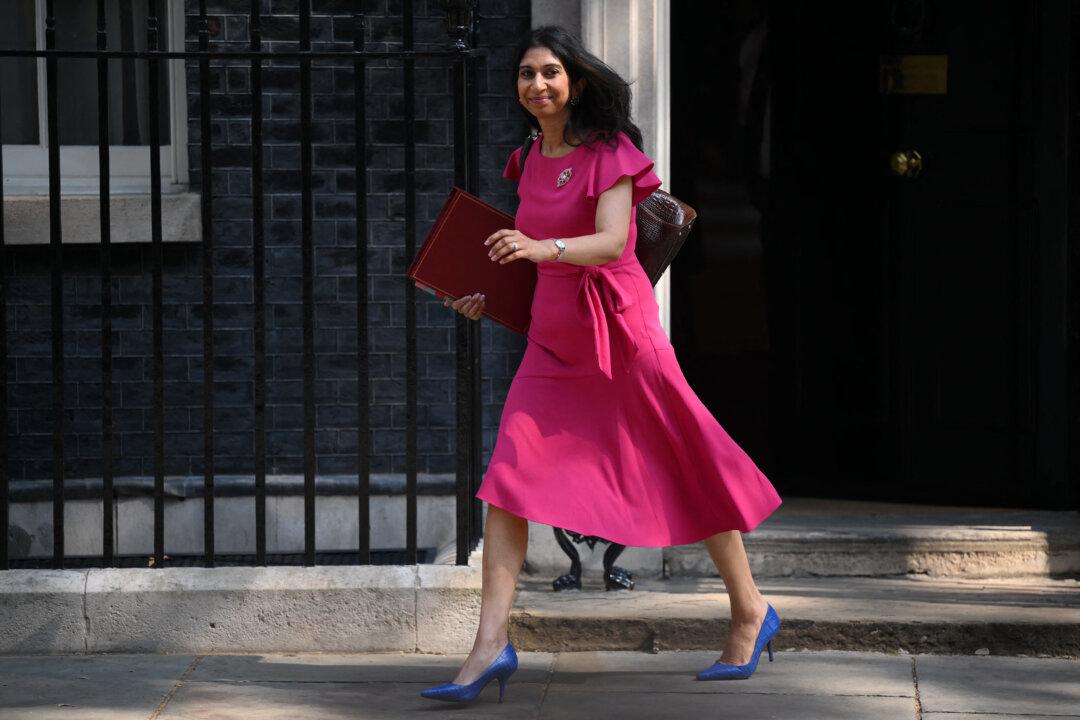Home Secretary Suella Braverman has said police now have the “full armoury of legal tools” to deal with “militant” protesters after peers voted through controversial anti-protest regulations.
Speaking to the Home Affairs Select Committee on Wednesday, the home secretary said she now expected a “swifter” police response to deal with those bringing “misery and chaos to the law abiding majority.”





